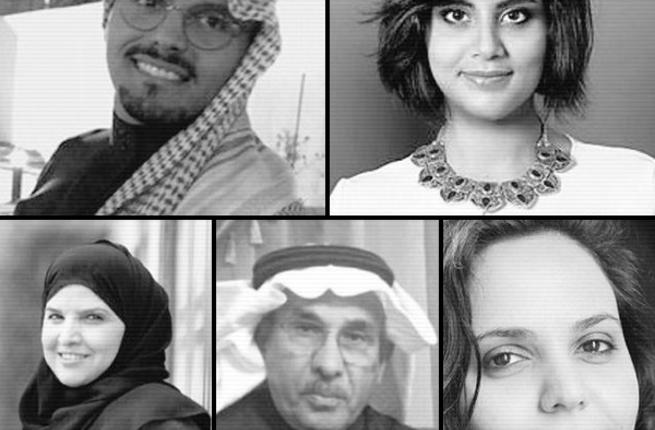A group of British members of parliaments (MPs) and independent lawyers asked Saudi Arabia to allow them access to the women activists who have been detained in a prison since May, after authorities country brutally crushed the protests that they were participating in. The activists had been active in protests demanding the right to drive, and were detained just weeks before the ban on driving by women was lifted on June 24, 2018.
Out of more than a dozen activists that were arrested during the crackdown, some were released without charge but at least eight women activists and a few men are still languishing in prison. In an open letter addressed to Saudi Arabia’s ambassador to the United Kingdom (UK), the head of the group’s detention review panel, Crispin Blunt MP, asked the Saudi authorities for help in arranging a visit by the group to the Dhahban prison near Jeddah where the activists are reportedly being held.
“There are credible concerns that the conditions in which the Saudi women activists are being detained may have fallen significantly short of both international and Saudi Arabia’s own standards,” Blunt wrote. He further stated that no person should be treated in the manner in which the women activists have allegedly been treated in detention, including being subjected to torture, for exercising their freedom of speech and peacefully advocating human rights in Saudi Arabia.
Blunt is the chair of the all-party parliamentary group for Saudi Arabia, which also comprises Liberal Democrat MP Layla Moran and Labour MP Dr. Paul Williams. The review panel also includes ITN (Irvine Thanvi Natas) Solicitors, represented by the firm’s partner Tayab Ali, and the deputy head of the Doughty Street Chambers, Dr. Tim Moloney QC. The group’s letter implored Saudi Arabia to allow them to collect direct testimonies from the detainees and to meet and interview the officials responsible for the detainees’ imprisonment, along with a review of the conditions of their detention and an independent medical evaluation of their health.
Those detained have been identified as Loujain al-Hathloul, Aziza al-Yousef, Eman al-Nafjan, Nouf Abdelaziz, Mayaa al-Zahrani, Samar Badawi, Nassima al-Saada and Hatoon al-Fassi, all women’s rights activists. Ibrahim al-Modaimeegh, a lawyer, Abdulaziz Meshaal, a philanthropist, and Mohammed Rabea, a social activist, are among the male activists who are in detention.
The letter comes in the aftermath of several reports over the past few months by human rights groups such as Amnesty International and Human Rights Watch, among others. The reports noted that the eight female activists had been subjected to inhuman torture, including electric shocks, whippings with an ‘egal’, a rope that keeps the headscarf in place worn by Saudi men, which at times left them unable to walk or stand properly, and being hung from the ceiling. The reports said the women were sexually harassed and assaulted by interrogators wearing face masks, and also received death threats and threats of rape. Furthermore, the detainees have been denied access to their lawyers and families. A report by Amnesty International revealed that the detained activists had experienced uncontrollable shaking of the hands and bore torture marks on their bodies, while one of them attempted suicide multiple times.
The arrests were preceded by a massive purge of clerics, intellectuals, activists, businessmen and Saudi royal family members perceived to be potential rivals of the Saudi crown prince Mohammad Bin Salman in September 2017. These steps were seen as an attempt to consolidate political power in the hands of the crown prince. These arrests were made even as Saudi Arabia attempted to portray itself as being on the path of social progress, economic openness and transparency. The lifting of the ban on driving by women was spun by the country as a sign of progressive reform. Prior to the lifting of the ban, Saudi Arabia was the only country in the world where women were forbidden from driving.
Saudi Arabia recently faced heavy criticism and condemnation for the murder of Washington Post columnist Jamal Khashoggi inside the country’s consulate in Istanbul on October 2, as well as for its role in the Yemen war where it has shown utter disregard for human rights by indiscriminately bombing and killing civilians in cold blood. There have been calls in many western countries to cancel arms deals with Saudi Arabia due to its role in the war.
Saudi Arabia denied the reports by Amnesty and others. However, it did not provide any evidence to disprove the charges.





